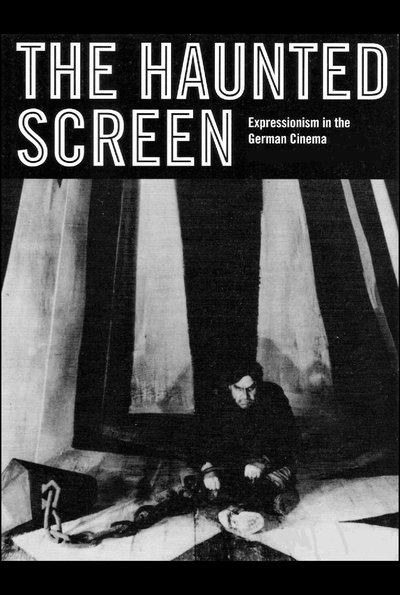The Haunted Screen: German Film After World War I
Genres
DocumentaryHistory
OverView
In this film essay, critic Peter Buchka explores the German cinema of the 1920s, ranging from the disquieting images of Fritz Lang's Metropolis to the castrating sexuality of Marlene Dietrich in Die Blaue Engel. The program provides an introduction to Weimar cinema, with Buchka's essay narrated over the images from film clips of 1920s era German films.
Others
Budget
$--
Revenue
$--
Status
Released
Original Language
English
Runtime
61 mins
Rating
0/10
Release Date
01 January 1998
Country
Germany

